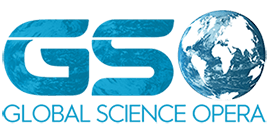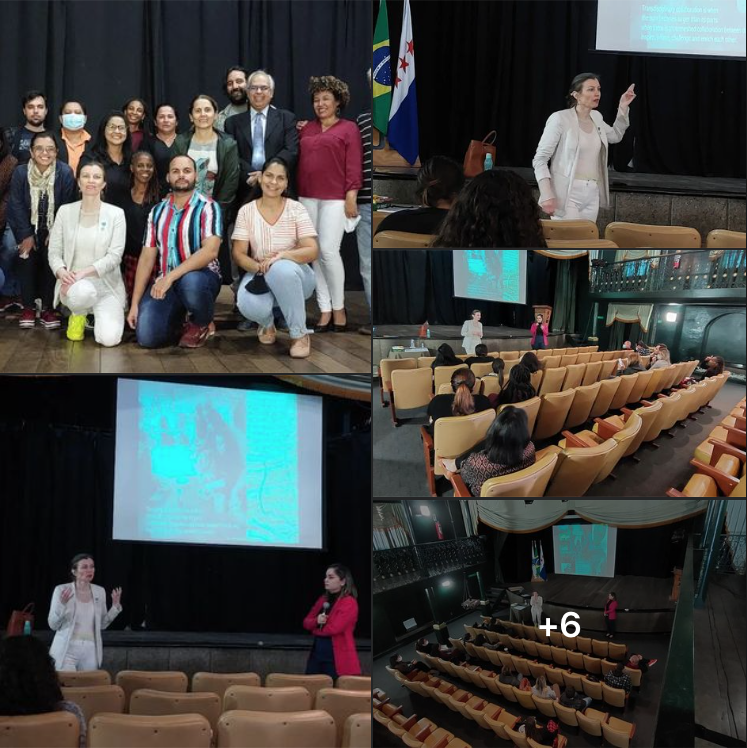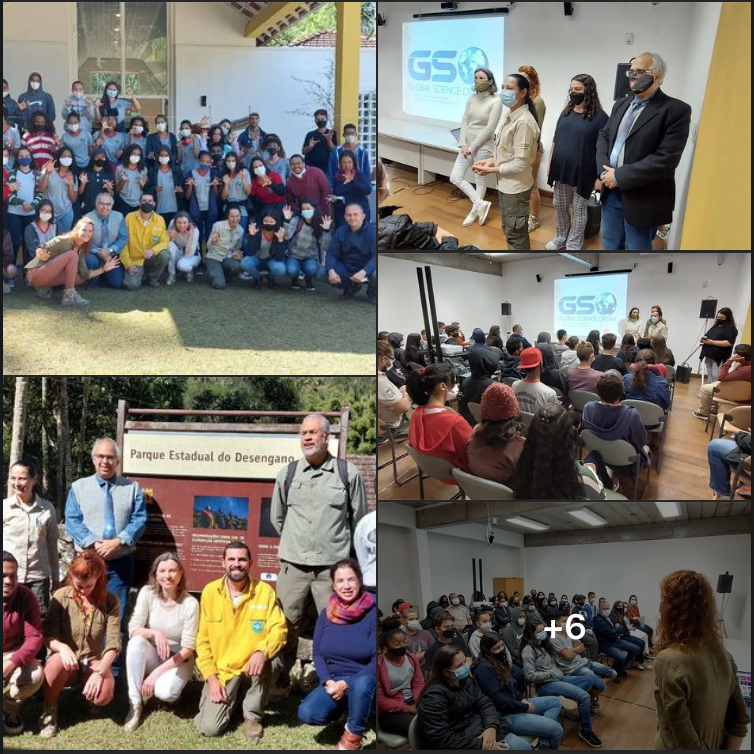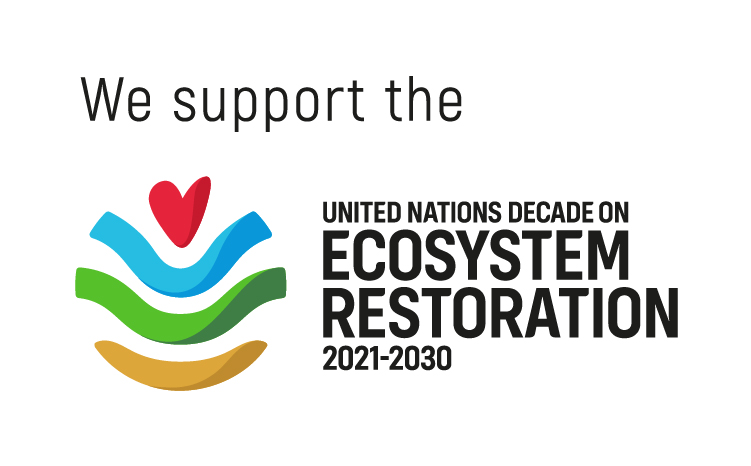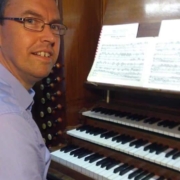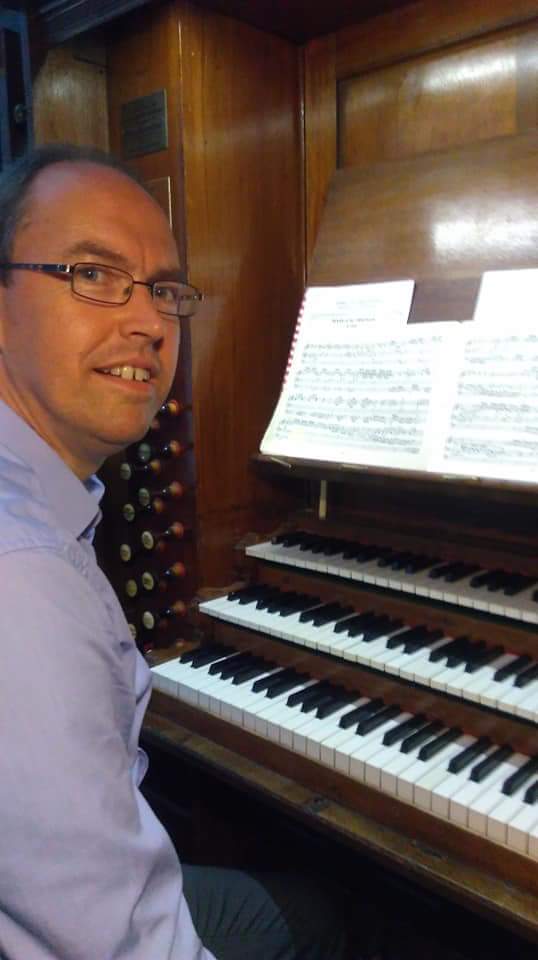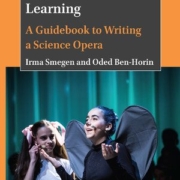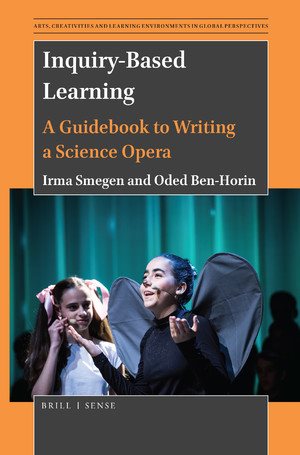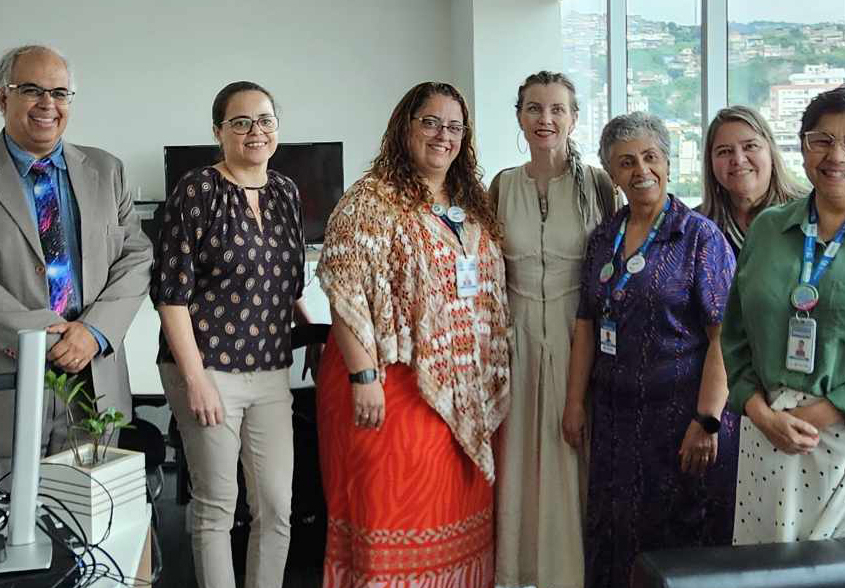
Brazil is steaming into the future
In February, a team from the GSO visited Brazil. Hosting workshops and presentations, visiting five schools an meeting the Department of Education. It was an eventful week, where we got to meet some of all our awesome collaborators.
Some of the team at the Rio de Janeiro Department of Education.
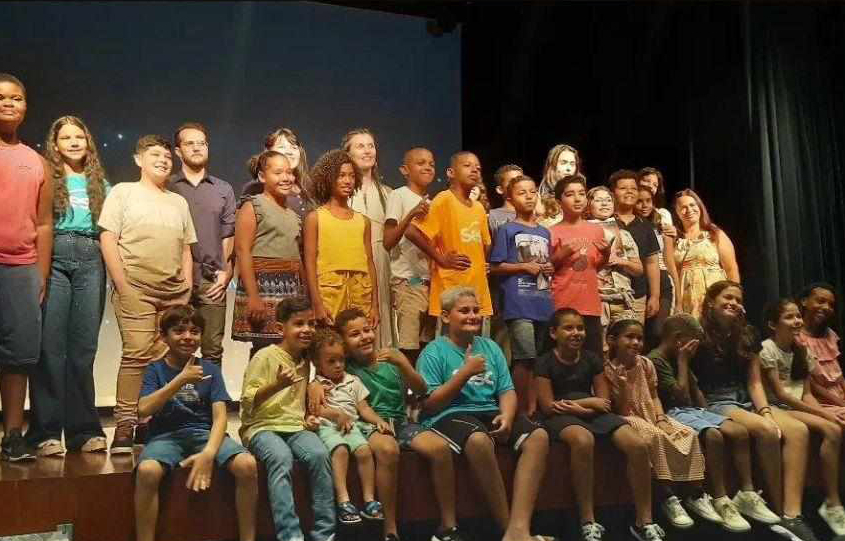
The students at SESC de Campos dos Goyatacazes, who participated in Unfold the Universe got certificates for their contributions in a beautiful ceremony.
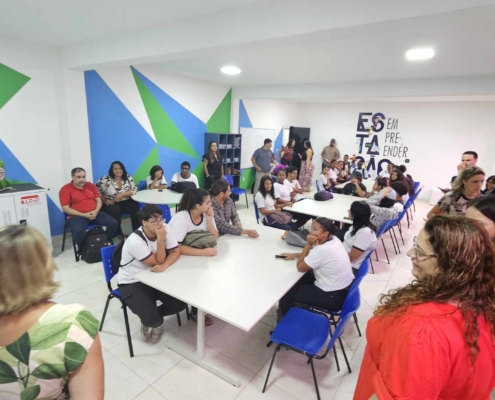
A short presentation for students and teachers at Colegio Estadual Machado de Assis.
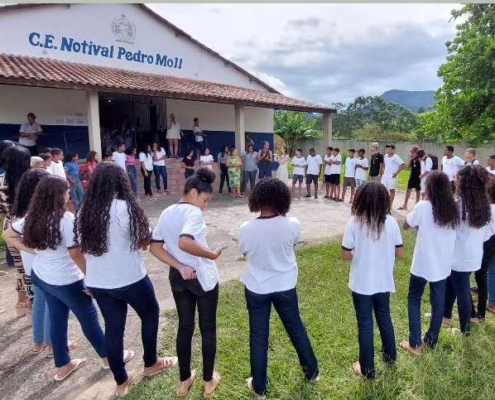
And a practical workshop in collaboration and concentration, here are students at C.E. Notival Pedro Moli.
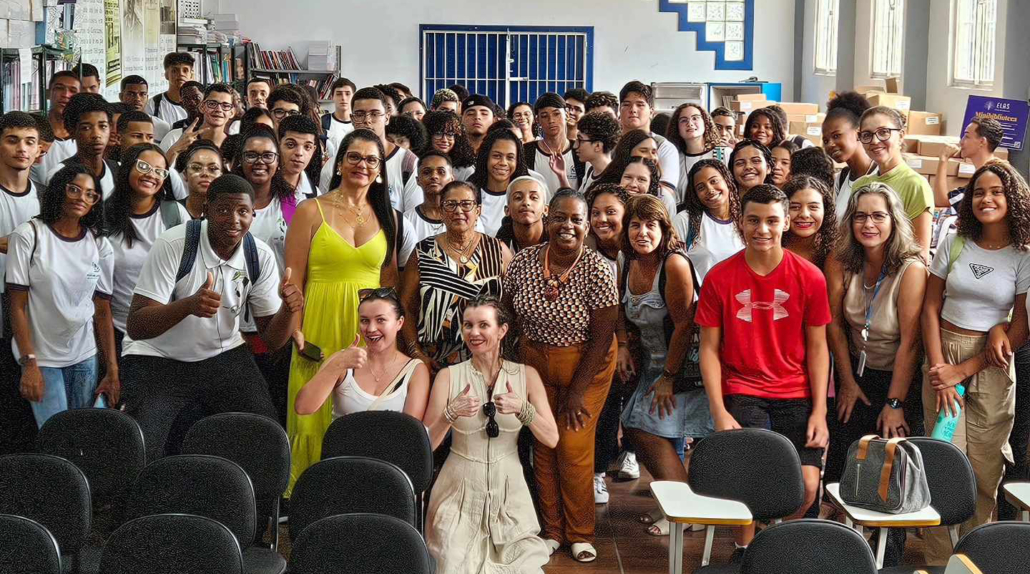
HEre are students and teachers at CIEP Jose do Patrocinio.
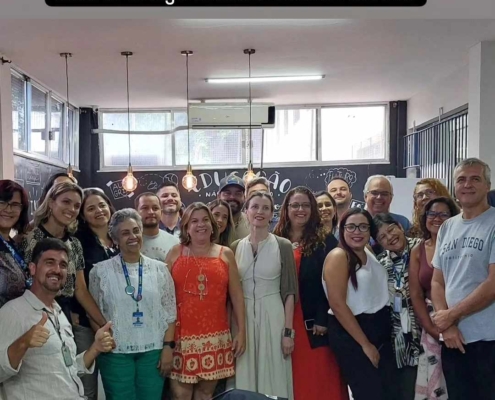
Teachers in the Rio-area.
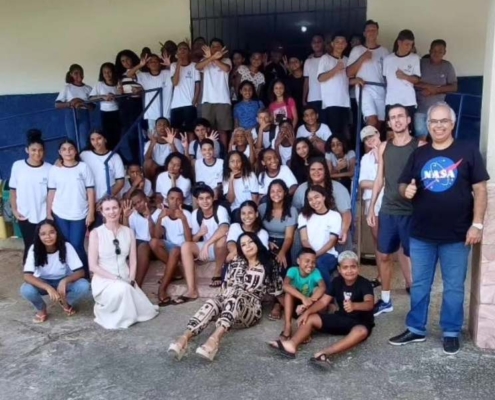
A school in the outskirts of the Rio de Janeiro area, C.E. Notival Pedro Moli..
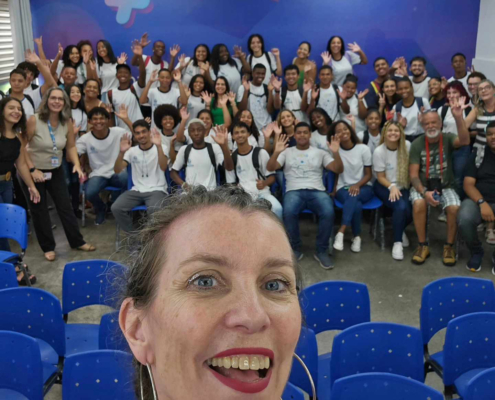
A great group of students from three different schools in the Campos-area gathered for a presentation. This is from Colegio Estadual Jose do Patrocinio.
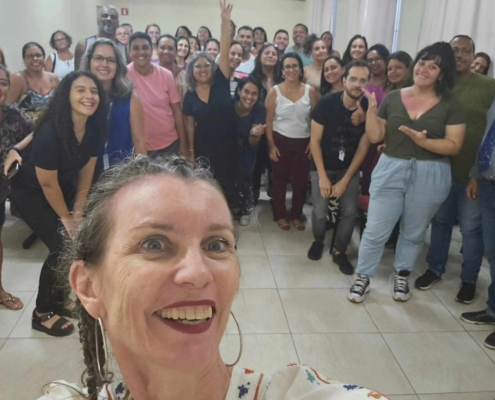
And finally, teachers from the Campos-area gathered at Colegio Estadual Joao Pessoa at the end of the workshop.
Already from this next semester, Rio de Janeiro state will implement the GSO-methodology in ten high-schools as a pilot project. We are of course simultaneously incredible proud and humble about this. And we are very excited to see Brazil STEAMing into the future with the Global Science Opera!
(Sorry, I probably messed up the order of the photos and names)
